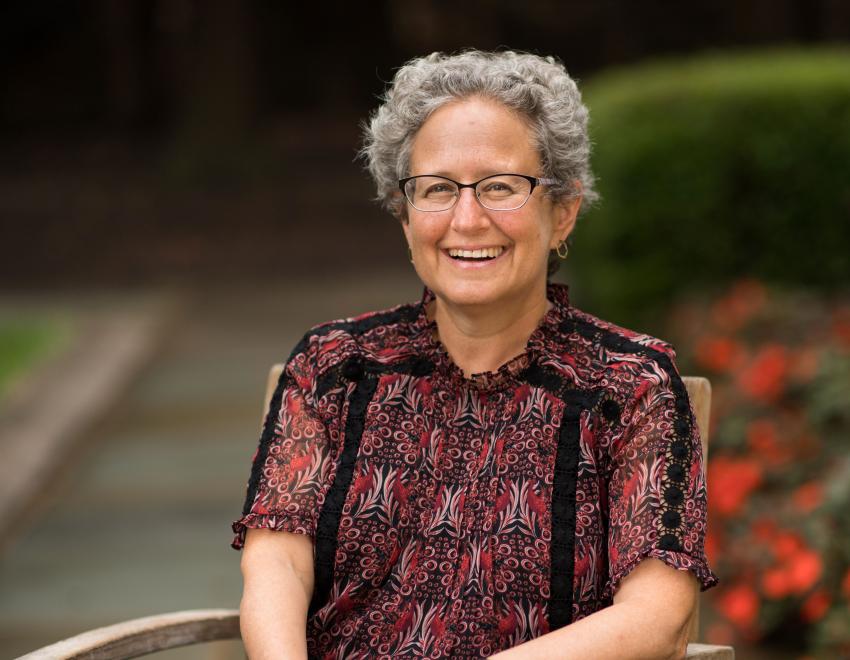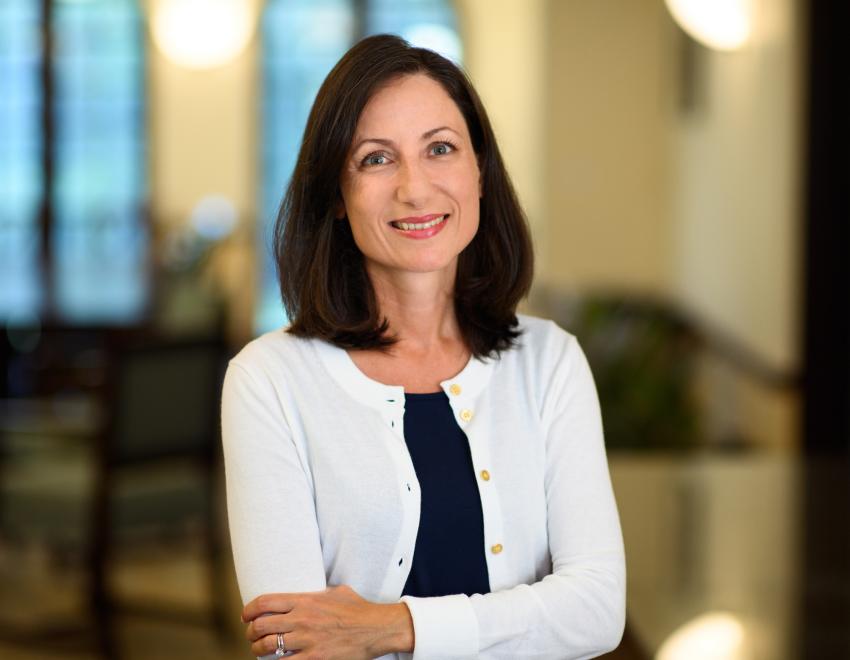In 2005, Amaney Jamal, Edwards S. Sanford Professor of Politics and director of the Mamdouha S. Bobst Center for Peace and Justice, and Mark Tessler, a political science professor at the University of Michigan, jointly launched the Arab Barometer, a project designed to document and record public sentiment through polling in countries across the Middle East and North Africa.
Now in its fifth wave, what started out as a project with limited scope has grown into the leading source of data on sentiment in the Arab world. In this article, Jamal and the Barometer’s director, Michael Robbins, share more about the project’s inception, expansion and future.
At the core of the project is collaboration, with the University of Michigan — the Barometer’s U.S. partner — and with its partners in the Middle East. “[Tessler] and I agreed that if the Barometer was going to be successful, it had to be a project by Arabs, for Arabs.” With this in mind, Jamal and Tessler created a steering committee with representatives from each surveyed country who are public intellectuals with experience in public opinion work.
These partners, along with local research hubs, help the Arab Barometer shape and ask questions appropriately, based on each country’s cultural norms. The surveys are conducted in person by going door-to-door, and ask questions about political life, socioeconomic status, religion and politics, economic and political grievances, and support for violence.
This collaborative model brings the Barometer credibility and expertise, and enables it to disseminate the results of the polling widely in both Arabic and English, and to a variety of players in the private and public sectors. “We try to design our surveys so they’re useful to multiple constituencies,” Jamal said. “We ask [our partners] to know what academics and government officials in their countries want to learn about; we have the academic pulse here in the U.S.”
Since the first wave of the Arab Barometer in 2007, which surveyed seven countries, the project’s scope has continued to grow, resulting in a large volume of results that require analysis and dissemination. In 2014, Jamal and Tessler knew the project’s demands had begun to exceed its manpower, so they brought on Michael Robbins as the director. “Robbins was a great fit, as he had done public opinion work in Jordan for his dissertation and worked on the Arab Barometer as a graduate student [at the University of Michigan].”
Last year, the Arab Barometer received funding from several major sources, including a $2 million grant from the U.S. Department of State; a $700,000 Carnegie grant to expand its reach with researchers in the Middle East; and a $200,000 BBC research grant to extend the project to two additional countries. This generous funding allowed the Barometer to move forward with its fifth wave, which encompasses 15 countries.
“All of the funding is also coinciding with our increased visibility,” said Jamal. “Almost every day, we’re hearing of a new source using our data for an important project.”
Robbins cited some of these sources, including increased dataset downloads, media mentions, and citations in academic journals. “We are the largest project of our kind that makes the data publicly available,” Robbins said. “The gains we’ve made in ensuring that we have data that are valid and the results can be trusted is a huge piece we’ve invested in.”
Another critical piece the Arab Barometer has invested in recently is the hire of two full-time team members, communications associate, Aseel Alayli, and data analyst, Kathrin Thomas. The Barometer also moved into an office space in Washington, D.C. “Having a team in D.C. gives us a lot of access and exchange with policy groups, the government, and think tanks,” Jamal said. “We’re much more on the map now that we have a space.”
Looking ahead, the Arab Barometer team has several long- and short-term objectives, the first being to sustain their current infrastructure, given their rapid growth over the course of the past year. The Barometer team is eager to continue increasing their exposure in the Middle East by making their data more accessible to the region’s students, policymakers and other stakeholders. They also hope to continue showcasing the project’s results on Arab media outlets to bolster their status as an accurate, objective, and reliable source of data in the Middle East.
Jamal reflected, “We have developed a reputation where we have one of the finest products out there on public opinion.” And with the Arab Barometer’s growing team, generous funding and new office space, its capacity to produce excellent data is only increasing.



